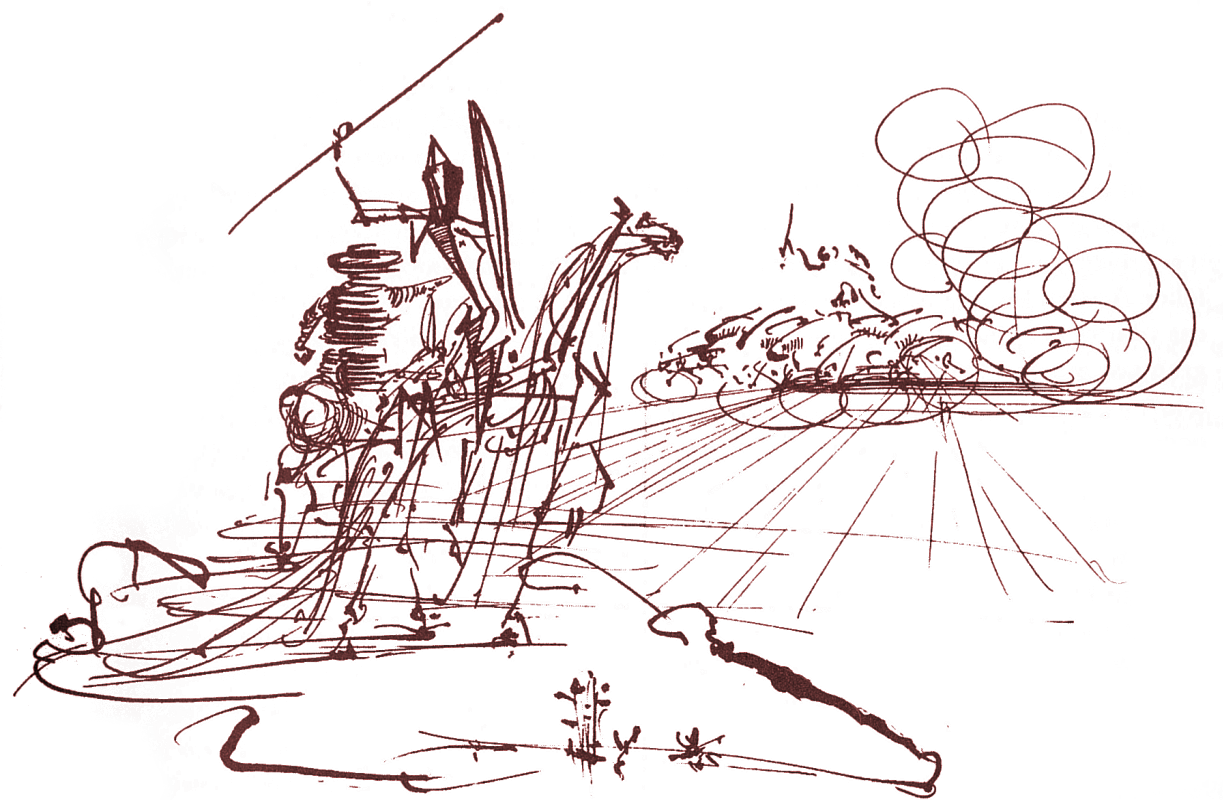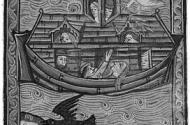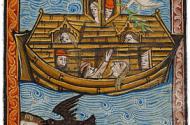I am rarely surprised when fellow bloggers like
Mike Friesen and Lydia Schoch mention foul experiences amongst Christians. I recently had a long conversation with an Italian friend who wondered why I could possibly be both a Christian and an advocate for social justice when Catholicism has brought so much intolerance to Europe. He considered that intolerance must be the core of Christianity itself, because this has been its fruit.
Ironically, it is this corruptibility of the surety of the religious experience itself that leads me back to the cross. Jesus spent his harshest words on the Pharisees of his day, the religious zealots who oppressed others to feed their own wealth and self-righteousness.
But let us not imagine that this species of God-followers died with Jesus. In fact, they exist today in churches, mosques, and synagogues all across the world. These are the people who teach a false religion of hatred and tribalism, creating small communities that believe themselves better than the rest of the world which God loves and died for, the predators and parasites of the spiritual world.
I am a Christian because within the Christian tradition is embedded a critique of religious elitism. Christianity contains within itself an antidote to its own potential excesses.
Jesus fought against, for example, the idea that only Jews who worshipped in Jerusalem could be saved. He included the Samaritan woman at the well, the woman who practiced Samaritanism rather than Judaism.
In Jesus' day, all Jews had to make sacrifice at the temple in Jerusalem at certain times in their lives. The religious elite who performed animal sacrifice would not accept the farm-raised animals from the rural people. Instead, they sold specially vetted animals for a steep markup. When Jesus rode into Jerusalem and overturned the tables at the market, he was overturning religious profiteering. Remember, his act in Jerusalem was likely the act which precipitated his death.
God made flesh was actually crucified at the hands of the establishment, the hand of the oppressive state, and the hand of the oppressive religious elite.
And when he died and the veil to the Holy of Holies was torn, this signified that the spirit of God was poured out on the world, and did not reside in a certain geographic location under the care of a religious elite. Later, this finds its fruition in Acts 2, when the religious experience is democratized and God begins to talk directly to women, slaves, and people of all nations. Paul makes this into doctrine with the famous statement, "There is neither Jew nor Greek, slave nor free, male nor female, for you are all one in Christ Jesus" .
The prophetic force of Christianity is a leveling that tears down that which seeks to create walls around the experience of God. This is why I will not and cannot give up the struggle against the Pharisees of our own day, and I will do so in the name of the Jesus himself.
Part two...
Is Christianity conflictual? Creating self-righteousness whilst decrying it simultaneously? Tune in next time....









